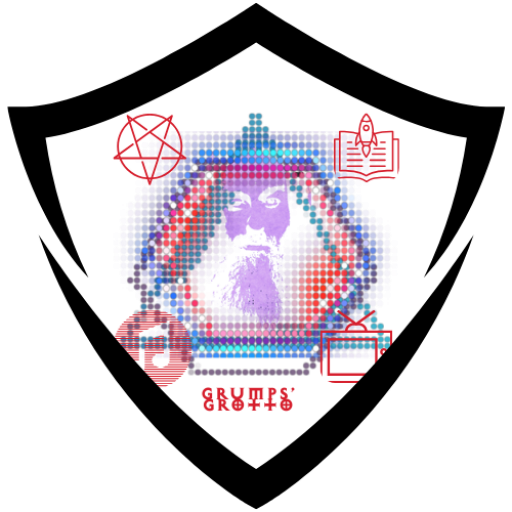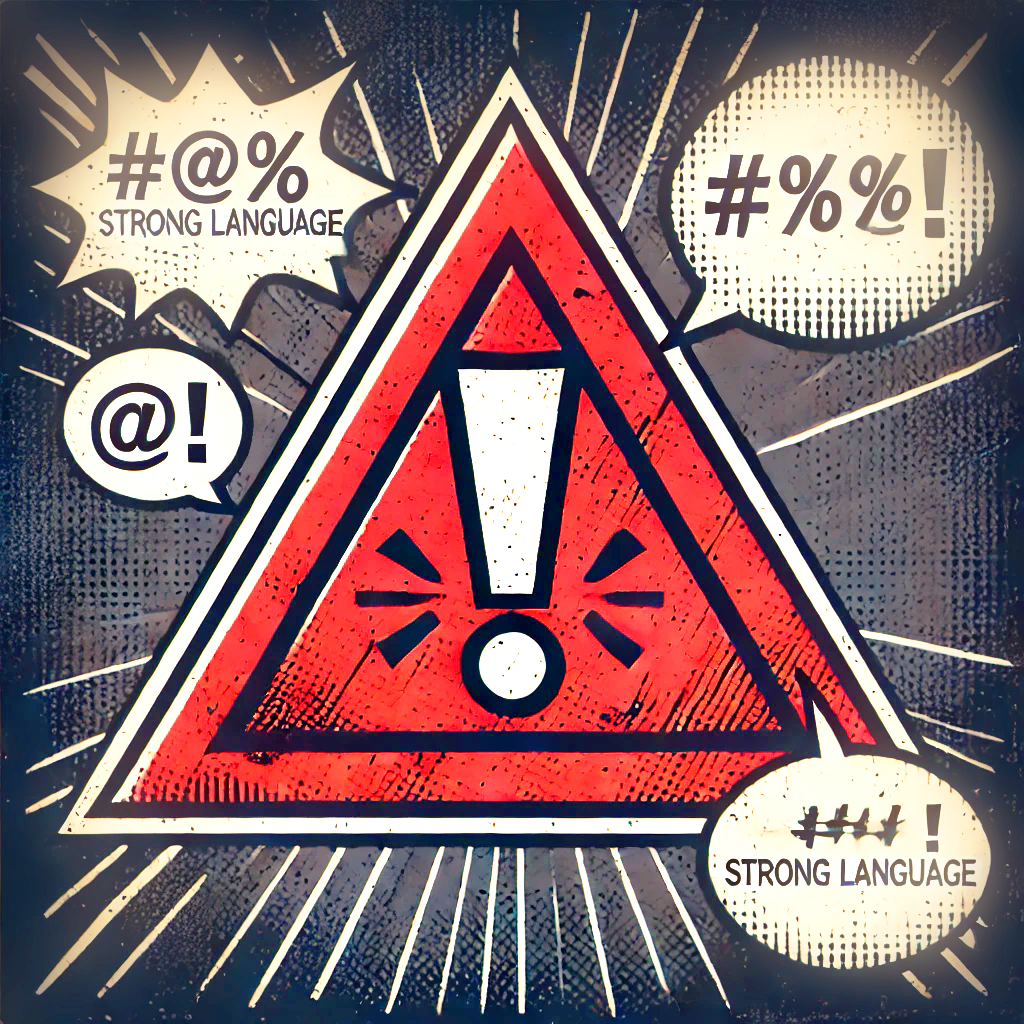In July of 2008, Dylan Breves, then a seventeen-year-old student from New York City, made a mundane edit to a Wikipedia entry on the coati. The coati, a member of the raccoon family, is “also known as … a Brazilian aardvark,” Breves wrote. He did not cite a source for this nickname, and with good reason: he had invented it. He and his brother had spotted several coatis while on a trip to the Iguaçu Falls, in Brazil, where they had mistaken them for actual aardvarks.
“I don’t necessarily like being wrong about things,” Breves told me. “So, sort of as a joke, I slipped in the ‘also known as the Brazilian aardvark’ and then forgot about it for awhile.”
Adding a private gag to a public Wikipedia page is the kind of minor vandalism that regularly takes place on the crowdsourced Web site. When Breves made the change, he assumed that someone would catch the lack of citation and flag his edit for removal.
 |
| Coati 1 (Photo credit: Wikipedia) |
Over time, though, something strange happened: the nickname caught on. About a year later, Breves searched online for the phrase “Brazilian aardvark.” Not only was his edit still on Wikipedia, but his search brought up hundreds of other Web sites about coatis. References to the so-called “Brazilian aardvark” have since appeared in the Independent, the Daily Mail, and even in a book published by the University of Chicago. Breves’s role in all this seems clear: a Google search for “Brazilian aardvark” will return no mentions before Breves made the edit, in July, 2008. The claim that the coati is known as a Brazilian aardvark still remains on its Wikipedia entry, only now it cites a 2010 article in the Telegraph as evidence.
This kind of feedback loop—wherein an error that appears on Wikipedia then trickles to sources that Wikipedia considers authoritative, which are in turn used as evidence for the original falsehood—is a documented phenomenon. There’s even a Wikipedia article describing it. Some of the most well-known examples involve Wikipedia entries for famous people, such as when users edited the article on the British actor Sacha Baron Cohen to say he had worked at Goldman Sachs. When a Wikipedia editor tried to remove the apocryphal detail, it took some convincing. Because it had since appeared in several articles on Cohen in the British press, the burden was on Wikipedians to disprove the myth.







Leave a Reply